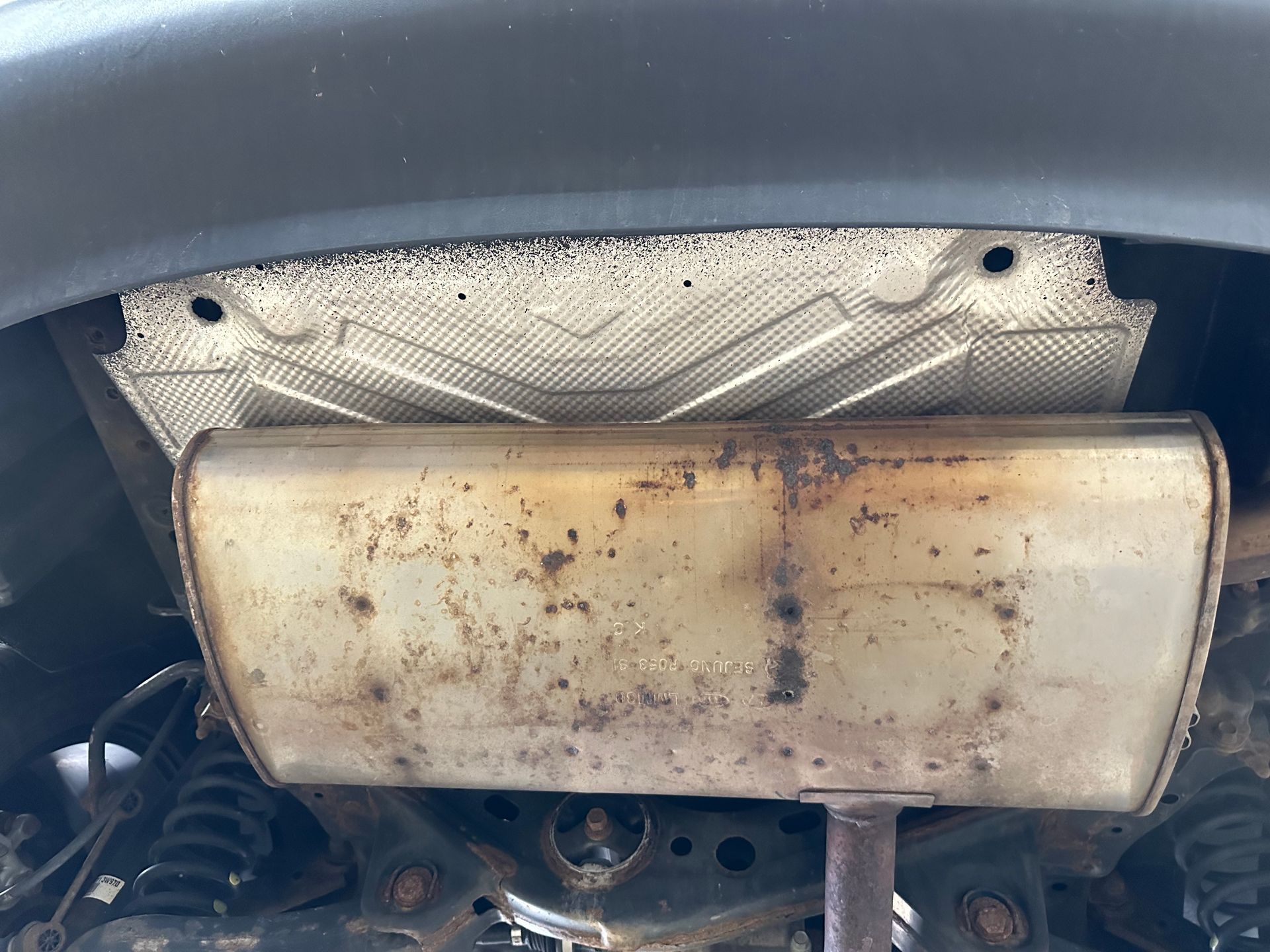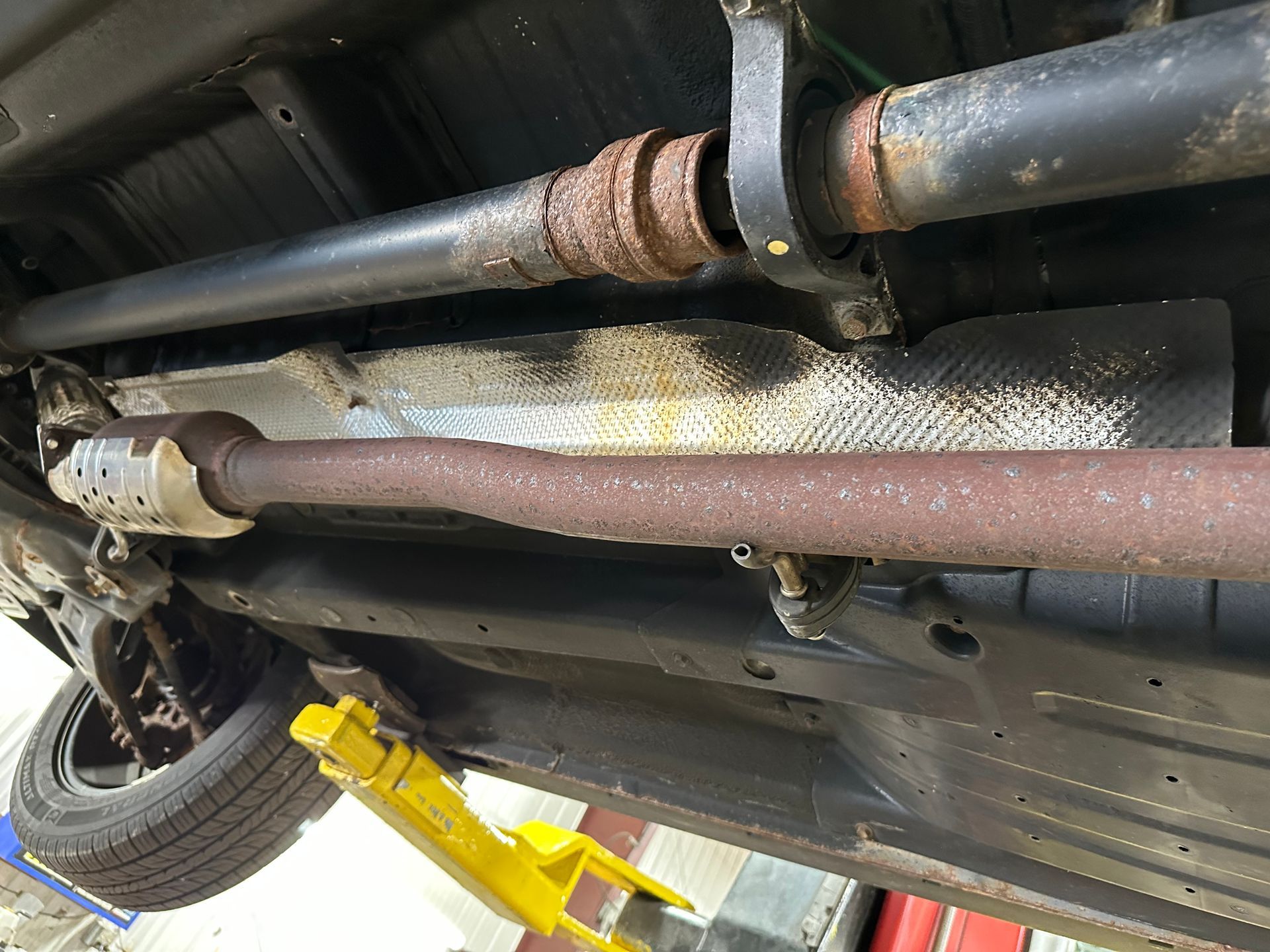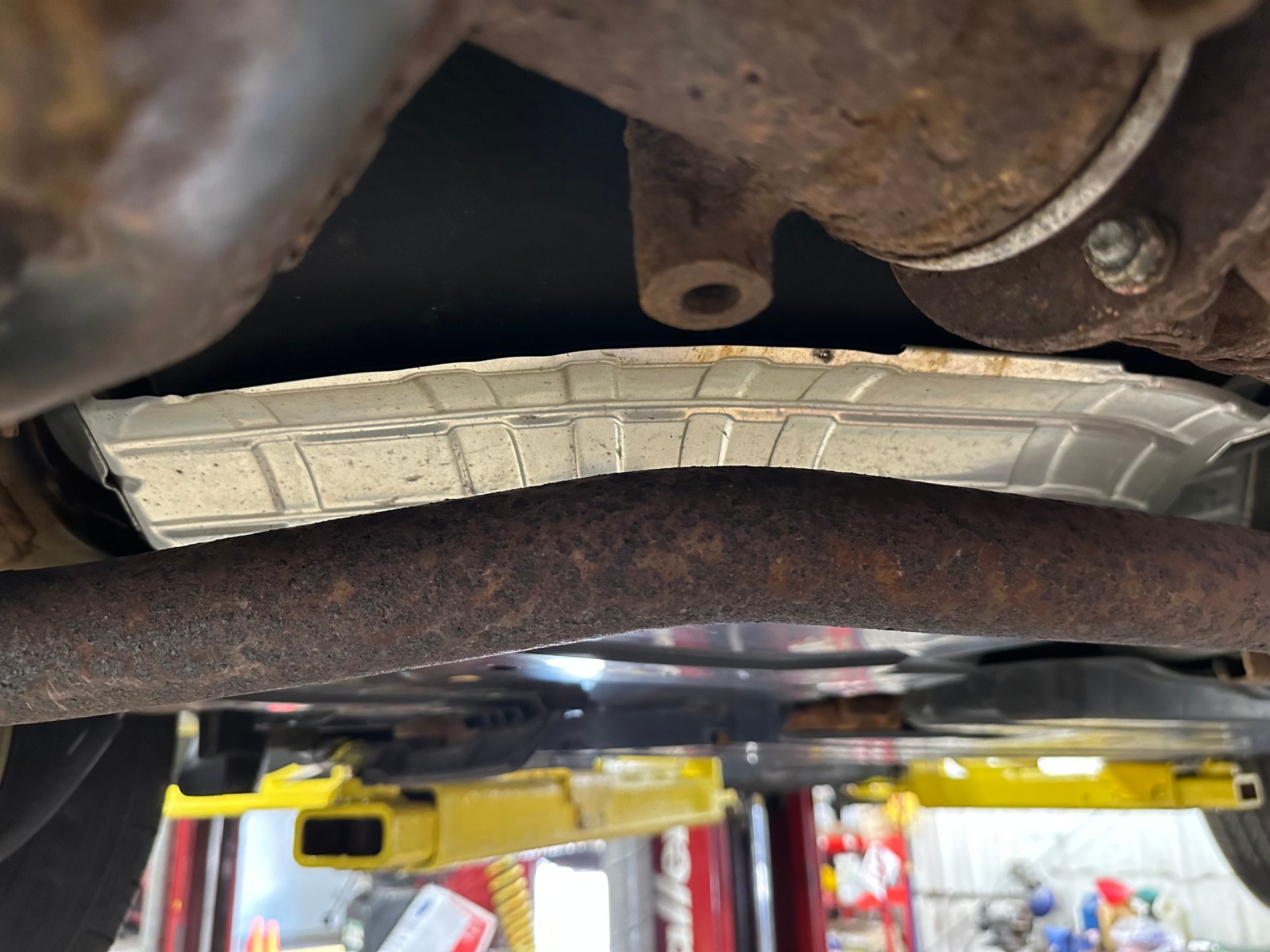
Heat shields are essential components found under vehicles. They protect parts from the intense heat generated by the
engine and
exhaust system . They act as thermal barriers. And are made of materials like aluminum, stainless steel, or fiberglass. These are known for their excellent heat reflection and absorption capabilities.

You'll find heat shields strategically placed throughout your car, serving different purposes:
- Around the engine:
They protect the engine block and intake manifold from the extreme heat produced during combustion.
- Around the exhaust system:
Heat shields protect the exhaust pipes, muffler, and catalytic converter. This ensures they don't get damaged due to the high temperatures of exhaust gases.
- Under the car:
They are also installed under the car. This will help safeguard sensitive parts from the heat emitted by the exhaust system.

Properly functioning heat shields have several benefits for your car:
- Preventing engine overheating.
- Improving fuel efficiency.
- Protecting critical car components from heat-related damage.
- Reducing heat radiation, enhancing performance.
To ensure the longevity of your heat shields and maintain their effectiveness, follow these tips:
- Avoid rough terrain whenever possible to cut stress on the shields.
- Park your car in shaded areas to reduce exposure to direct sunlight and excessive heat.
- Regularly inspect your heat shields for any signs of damage or wear.
If you find any issues, promptly replace or repair the heat shields with the help of a qualified mechanic.

Have questions about your heat shields? We can help. Lou's Car Care & Fleet Services is your top choice for all your auto repair and maintenance needs. Proudly serving Baldwinsville, NY, and surrounding communities since 1976. Call us or schedule your next appointment online today!
FREQUENTLY ASKED HEAT SHIELD QUESTIONS:
1. What is a heat shield used for?
A heat shield serves as a protective barrier designed to prevent heat transfer. And dissipate high temperatures under your vehicle. Heat shields safeguard components and surroundings from heat-related damage.
2. Are there different types of heat shields?
Yes, there are several types of heat shields:
1. Reflective: These shields reflect heat away using materials like aluminum.
2. Convective: These use airflow to disperse heat, common in vehicle undercarriages.
3. Radiative: Emit thermal radiation to cut heat absorption.
Different applications may require specific heat shield types. Each with distinct mechanisms to mitigate heat impact.
3. What are the signs of a damaged heat shield?
Identifying a damaged heat shield involves observing signs such as:
1. Loud rattling: Loose or broken shields can create noise during operation.
2. Burning smells: A compromised shield might expose adjacent materials to excessive heat.
3. Reduced performance: Engine or exhaust system efficiency may decrease.
4. Visible corrosion: Rust or deterioration on the shield's surface.
Let's Connect! Click on the links below to stay in touch with the Lou's Car Care Community:








